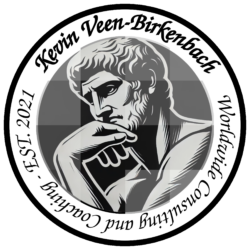Kanban
-
The Challenge of Finding True Agile Experts

A long time ago, when I was a junior Scrum Master, my Chief Agile Coach posed a thought-provoking question:“If you had a limited budget, would you hire a Scrum Master or a Software Engineer?” At the time, I replied, “A Software Engineer, because they produce measurable output.” Now, years later, I reflect on that conversation Continue reading
Acceptance Criteria, Agile, Agile Challenges, Agile Coach, Agile Expertise, Agile Market, Agile Methodologies, Agile Practices, Agile Transformation, Azure DevOps, Coaching, Conflict Resolution, Confluence, Cost of Delay, Definition of Done, Definition of Ready, DevOps, Effort Estimation, Jira, Kanban, Mediation, Mission, Nexus, OKRs, Prioritization, Product Owner, Retrospectives, SAFe, Scaled Agile, Scrum, Scrum Master, Spotify Model, Strategy, Team Topologies, Value Estimation, Vision, Waterfall vs Agile -
PHP and Symfony Solutions

I offer the development of applications with a technology stack based on . Since 2011 I use this language and it’s my programming mother thong. With PHP I programmed insurance calculators for Dionera, human resource platforms for Neue Werte and applications for Rootcoonect. As back-end framework I use . It’s based on the concept and Continue reading


